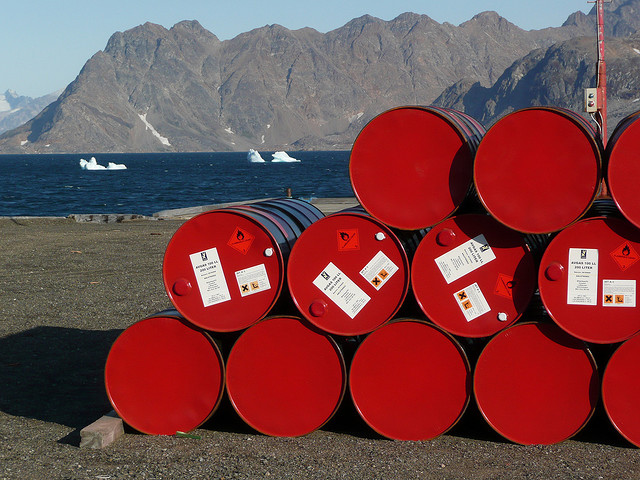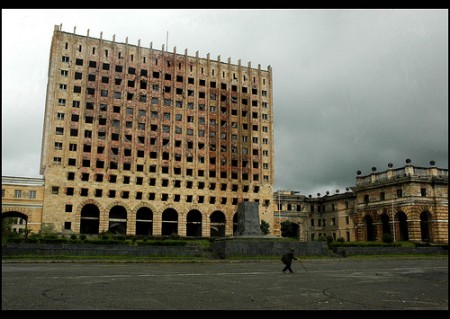
Some of Russia’s pipelines have names that reflect more than just technical realities – such as the Druzhba (Friendship) pipeline system that brings oil to Central Europe. Yet, others are of a more prosaic kind, including the recently opened Eastern Siberia-Pacific Ocean Pipeline (ESPO). ESPO will bring the black gold from Eastern Russia to China and Russia’s Pacific Coast. Whether this new pipeline is the beginning of a new Russian-Chinese energy-friendship remains to be seen.
China’s growing appetite for gas and oil will be hard to saturate in the next decades. According to projections of the International Energy Agency, China’s demand for primary energy will nearly double from 1,765 million tons of oil equivalent (Mtoe) in 2007 to 2,539 Mtoe in 2020 and 3,451 Mtoe in 2035. The country will account for 30 percent of the increase in global primary energy demand for that period. Oil demand is expected to more than double while the demand for natural gas will more than triple.
Before that backdrop one would expect Russia, home to 5 percent of the world’s proven oil reserves and 24 percent of all proven gas resources, to be eager to enter this growing market; even more so, since the focus of Russia’s oil and gas production is moving eastwards. There are untapped hydrocarbon resources in Eastern Siberia and Russia’s Far East that are expected to cover falling production elsewhere. Furthermore, hooking up with China holds major potential for developing an economically backward region and would add another trump to Russia’s hand when bargaining with its European energy customers.
But that’s not how Russia seems to view the situation.



